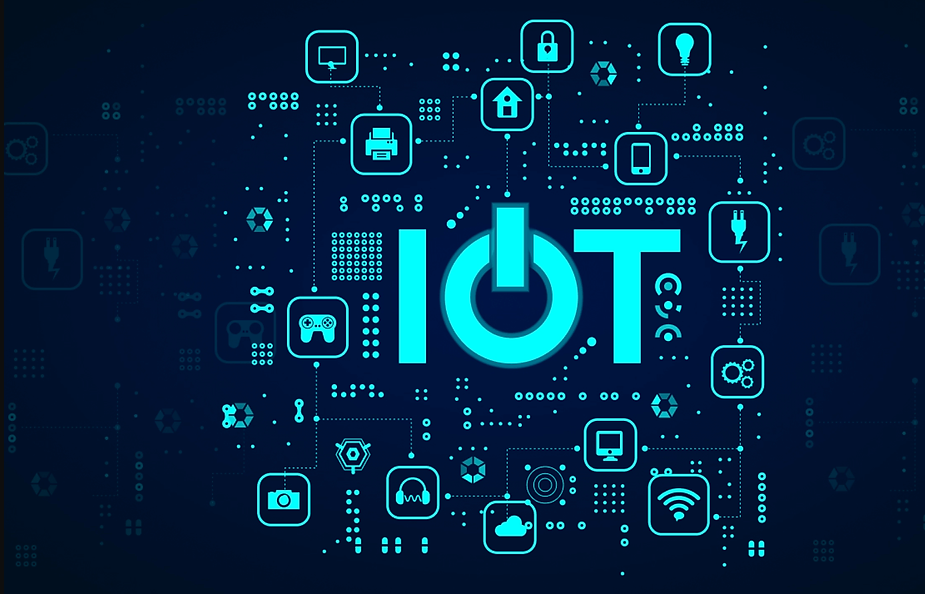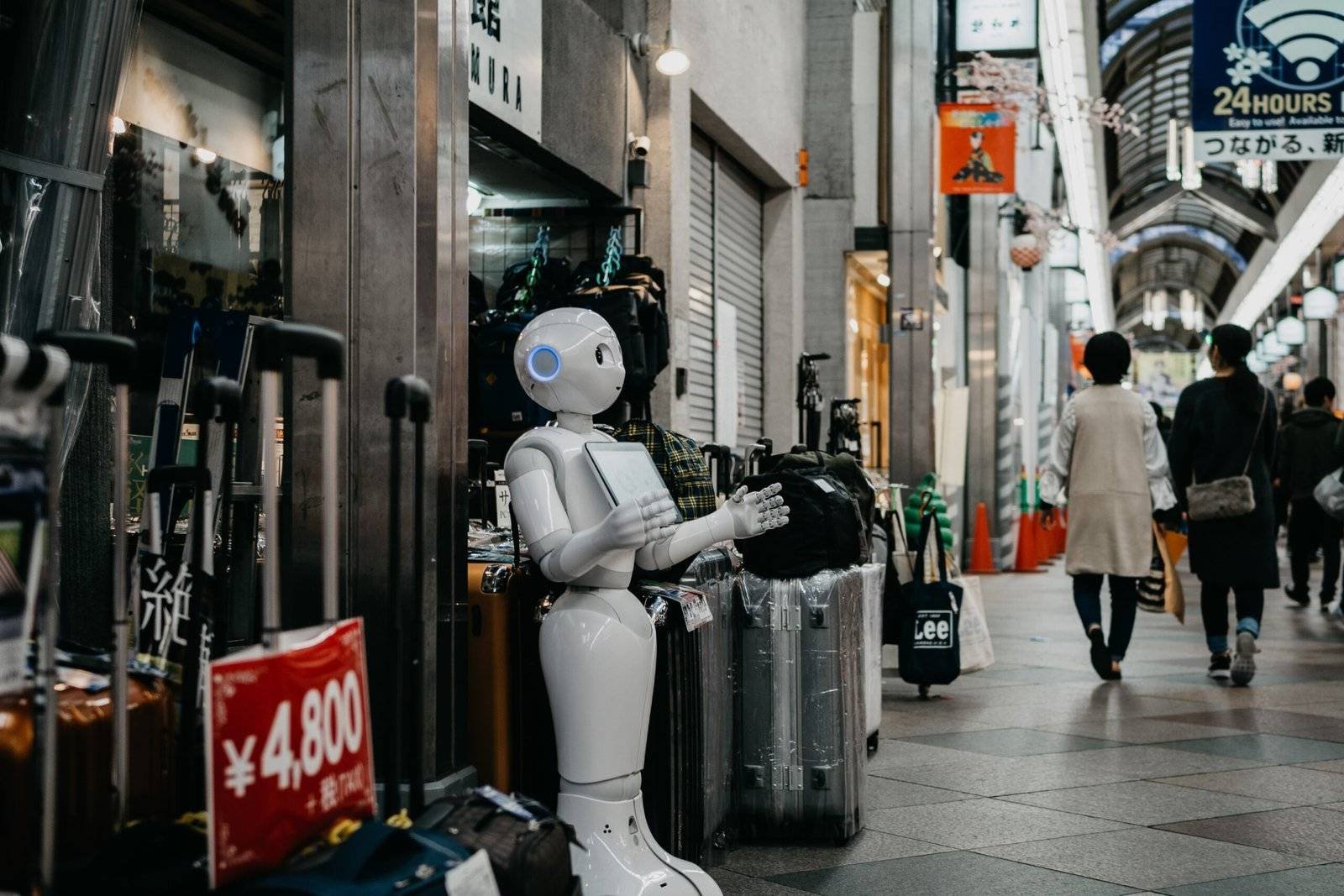The term “Internet of Things” (IoT) describes a network of linked machines, devices, and other things that can interact with one another over the Internet. IoT technology allows devices and sensors to share data, which allows the gathering and analysis of enormous amounts of data. Then, across various sectors, this knowledge can be used to increase productivity, maximize performance, and enhance decision-making.

Numerous uses, including those for house automation, healthcare, and transit, already use IoT technology. IoT devices in the healthcare industry can track vital indicators and instantly notify medical professionals of possible health problems. IoT devices can watch traffic trends and improve car routes in the transportation sector, lowering congestion and emissions.
IoT technology has huge potential because it has the power to completely change sectors and significantly enhance our everyday lives. But some issues need to be resolved, like privacy and security issues. There is a chance of cyberattacks and data leaks because there are so many connected gadgets exchanging information. Organizations should emphasize cybersecurity and put implement protective measures to guard against possible threats.
The wider IoT network has grown along with the internet. IoT has had a significant influence on how companies function in the contemporary period because it enables devices to connect for improved results. The significant influence operations may become more effective as a result, and customers may experience them in a better way altogether.
Businesses should take this into account because as IoT develops, there will likely be even greater advancements in linking things across different networks.
But what function does IoT currently play in business, and how precisely will it affect businesses in the future? We’ll look at a few of the ways that IoT is changing the environment in this piece.
- Data Tracking:
Although gathering and frequently monitoring data is an essential part of company processes, it can be time-consuming. IoT solutions have become increasingly important to many companies as a means of facilitating more effective data collection. Businesses can use IoT sensors, for instance, to monitor customer behavior while they are shopping, giving them insight into their routines and allowing them to make choices based on busy periods and the types of purchases their customers are making. Retailers in particular can benefit greatly from the data collected through these methods.
You will be able to access more data and make better choices as you connect more IoT devices. IoT has a major effect on business operations in this manner.
Inventory management can benefit greatly from IoT data monitoring as it streamlines the supply chain through the use of GPS and RFID devices.
These innovations make it easier to monitor packages and maintain current inventory levels. Keeping up with this kind of data is essential to keeping your company productive and successful. It can also help you avoid the problems of physically monitoring goods and collecting, evaluating, and tracking data.
2. Customer Service.
Customers are the lifeblood of the business world in many respects. No company can succeed without the backing and buy-in of its customers. IoT has revolutionized the way that superior client assistance is delivered. Customers now have access to a variety of useful resources to assist them in making purchases and interacting with businesses thanks to IoT services and technologies.
Businesses can use the Internet of Things (IoT) to customize the customer journey by using monitoring tools to understand consumer trends and tastes and provide them with a special experience that is based on what they are interested in or want to purchase. Businesses can then disseminate this data throughout a wider network to help business executives learn more about what their consumers might want to see in the future.
When it comes to client support, automation is another crucial element of the Internet of Things. When customer support staff is not accessible, businesses can still respond to customer queries using chatbots and AI-powered devices. Additionally, a live agent can receive these talks for analysis to enhance the entire help process.
3. Increased efficiency:
It may or may not come as a revelation that businesses anticipate using IoT technology and associated digital services will result in efficiency gains of 12% over the next five years. It is obvious that the Internet of Things (IoT) has profoundly altered how people conduct business, and it is likely that in the future, more businesses from a wider variety of sectors will be integrating IoT into their business practices.
Collaboration is one of the main methods IoT promotes economic growth. IoT harnesses devices and links them so that users, even those who are spread out across the globe, can easily interact. There are many ways for employees to exchange resources and ideas thanks to cloud-hosted apps and linked devices.
IoT technology can assist companies in tracking their energy usage. Businesses can better understand their high-use periods and work to make changes as required by analyzing data gathered from IoT monitoring devices and tools. In terms of lowering energy expenses and looking for more environmentally friendly answers to their company requirements, this results in greater efficiency. IoT can improve company efficiency overall by automating some processes and enabling employees to communicate and cooperate even when they are not physically present.
These are just a few positive effects IoT can have on your company. You can see company gains by adopting IoT technology in several areas, such as client assistance, improved productivity and effectiveness, and data tracking.
IoT has developed into a very useful tool for companies looking to simplify operations and give both workers and consumers a more comprehensive, combined experience. Businesses that search for methods to integrate IoT strategies into their operations over time can reap several benefits.





